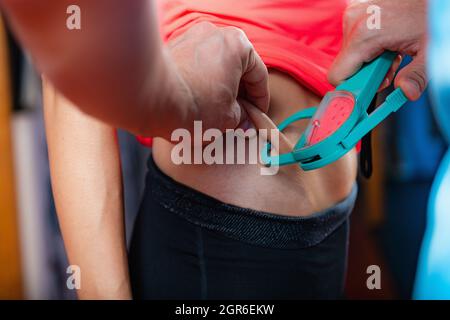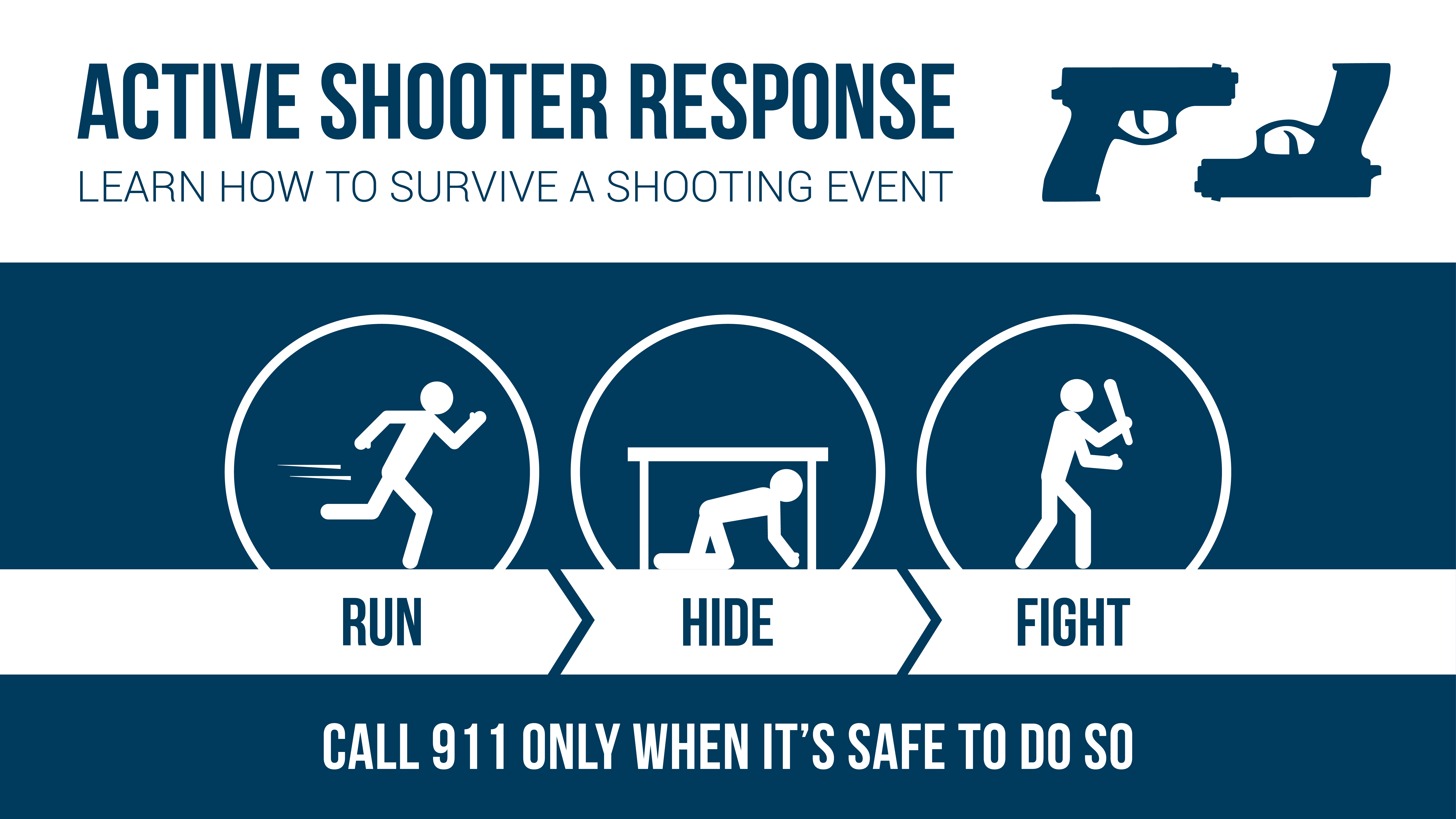
Among other laws in military legal, the SROE outlines a principle of military self-defense as an extension of unit defense. Self defense is also mentioned in the ICRC Commentary on Additional Protocols. If you have questions about the legality of military self defense, read our articles. We'll go over the basics, and answer some common queries. You will also learn about the limitations of military defense. Then you will be well prepared to defend yourself.
SROE defines Self-Defense as an extension and application of unit self Defense
The SROE (or standard rules of engagement) defines military or national self defense as an extension to unit-based self defence. The purpose of the SROE was to provide guidance to commanders in the exercise of national self-defense outside of armed conflict, but the concept of national self-defense has been confused with the concept of individual self-defense under criminal law. This shift occurred when the US entered multiple non-international wars. This left the US military with unclear and sometimes conflicting self-defense options.
A person displaying hostile intent is considered a threat under the SROE. However, a threat does not have to be immediate or even imminent in order to trigger self-defense. Unlike criminal law, the SROE uses common definitions for national, unit, and individual self-defense. The SROE also identifies a triggering danger as a hostile act, or demonstration of hostile intentions.

ICRC Commentary to Additional Protocols mentions self defence
The ICRC Commentary for the Additional Protocol says that anyone engaged in hostilities must treat all civilians within its custody with humane care, including those who are wounded. The article prohibits use of force against civilians. Furthermore, it sets strict standards for the treatment of hostages or prisoners of war. It also requires that attacks on civilians be proportionate. This means that incidental and collateral injury cannot outweigh the concrete and direct military benefits. Furthermore, targets must be reasonable in assuming civilian safety and security.
Articles of the Additional Protocols are civilian-protection provisions that have a wider meaning. These provisions include structures such as bridges. Some of these structures could be civilian-protected. Others may not. A civilian-protected construction may be considered a civil-defense measure, despite that the ICRC Commentary to Additional Protocols does NOT mention its use in this context.
ICRC Commentary
An Interpretive Guidance by the ICRC on military self defense has been issued. It would change the nature of a conflict across borders to determine whether the territorial state "consents” to the use force. But, the Commentary also highlights a flaw. It is not legally binding. State practices and agreements are the only way to create binding laws. This Interpretive Guidance was created by the tireless efforts and expertise of the ICRC. It's a normative paradigm that explains how to approach such situations.

Although the ICRC was initially of the opinion that an armed attack on civilians on the territory of a state does not necessarily constitute an act of war, the new Commentary concludes that the 1958 interpretation was too restrictive. The IAC doesn't require that a state intervene in a conflict. However, it does allow it to take military action against civilians. But the ICRC believes that an armed conflict exists when one state uses force against another, and that armed force is necessary to protect civilians.
FAQ
Egg is good for you?
The egg is rich in all nutrients needed by the human body. It also helps maintain strong bones, a healthy heart and lungs, and stable blood pressure.
Eggs are an excellent source protein, vitamins A,B12, D E, K and calcium. They also contain vitamin B12, D-E, K, calcium and phosphorus.
The egg yolk is high in cholesterol. However, it doesn't contain saturated fat. Eggs contain less saturated fat than most other foods.
They are also low-calorie and high in sodium. They are very versatile and can be cooked any way you'd like. They can be fried, poached, scrambled, boiled, hard-boil and baked.
They are extremely nutritious and simple to prepare.
You should eat at least two whole eggs per day. If you dislike eating eggs, you should add them to your diet.
Our bodies need eggs to provide the essential nutrients they require. Include eggs in your daily diet.
How to Lose Belly Fat Fast
There are many methods that can help you reduce your belly fat quickly. One method is to eat less and drink lots of water.
Another way is to increase your metabolism by participating in activities such as running and swimming.
To quickly reduce belly fat, avoid sitting too much. Instead, get up and move around throughout the day. This will allow you to burn more calories.
If you've tried all the methods and are still struggling with belly fat, there's another option.
This requires a belt. The belt works by tightening around your waist when you sit down.
As a result, you will feel uncomfortable and move around. This encourages you to burn calories and decrease your belly fat.
Why is Metabolic Wellness the Key to Aging Well
People live longer today than ever before. As they live longer, they also get sicker. While medical science has made incredible advances, it's becoming increasingly obvious that the current approach is not working.
It's time to change our perceptions of health and aging. We have to start looking at metabolic health - not just weight loss but overall wellness - as the key to healthy aging.
And if you want to live an active life for decades to come, you should ensure that your metabolism stays strong and healthy throughout your entire lifetime.
There are many ways you can improve your metabolic health. One way to improve your metabolic health is to incorporate these seven foods into your daily diet.
-
Blueberries contain resveratrol, which has been shown to help support cellular longevity. They are rich in antioxidants as well as vitamins C & E.
-
Beans like lentils and pinto beans are excellent fiber and plant-based protein sources. These nutrients help keep blood sugar levels steady so they won't spike and crash.
-
Broccoli has sulforaphane. It has been proven to protect cells from DNA damage. It may even slow down the progress of cancer.
-
Chia Seeds have high levels of omega-3 fatty oils and fiber. They are high in protein and antioxidants. All of these nutrients are good for heart health, brain function, gut health, and overall health.
-
Green Tea contains polyphenols called catechins. Green tea's catechins have been linked with reduced bone fractures as well as cardiovascular disease, cognitive decline, dementia, and increased diabetes risk.
-
Salmonis packed with vitamin D, low in saturatedfat and one of best sources of lean meat.
-
Walnuts are rich sources of omega-3s and antioxidants, such as alpha lipoic (ALA). ALA is an antioxidant that protects against inflammation. It also boosts energy production.
Statistics
- According to the American Heart Association, blood pressure should be checked at least once every two years, beginning at age 20. (my.clevelandclinic.org)
- According to the American Academy of Dermatology (AAD), men over 50 are at a heightened risk of developing it. (healthline.com)
- 10 pounds in a month is likely during a lean bulking phase, especially for beginners. (muscleandstrength.com)
- Get free shipping and 25% off today. (healthline.com)
- Are You One of the 20% of Guys (mh.co.za)
External Links
How To
What should I have before I go to the gym?
For weight loss, you should eat fewer calories per day than you burn during exercise. All your nutrients must be consumed.
These include protein, carbohydrates and fats as well as vitamins.
The best way to achieve this is to eat smaller meals throughout a day rather than three large meals.
It is possible to not do as well if your body is too full when you work out.
Consider drinking water rather than sugary energy drinks. This helps keep you hydrated and energized.
You should ensure that you get enough fluids. Over-consuming water could cause your body to lose its electrolytes.
Your body needs electrolytes for proper functioning.
You could also drink sports drinks if water is scarce. They are high in potassium, sodium, calcium, magnesium and other minerals.
This will replenish your electrolytes. However, they still won't replace what you've lost from sweating.
Multivitamins can help you avoid salt loss from exercise if you are worried.
These contain extra vitamin B6 which helps regulate the amount of sodium in your body.
If you don't know the salt content of your foods and beverages, supplements shouldn't be relied upon.
They aren't regulated by the Food and Drug Administration (FDA).
Certain brands of sports drinks might contain more sodium than others.
Some sports drinks could even contain artificial sweeteners. These could cause digestive problems.
You could use sea salt if you are concerned about taking too much salt.
It contains less chemicals than table sodium.
Sea salt is also low in iodine, another mineral needed for healthy thyroid function.